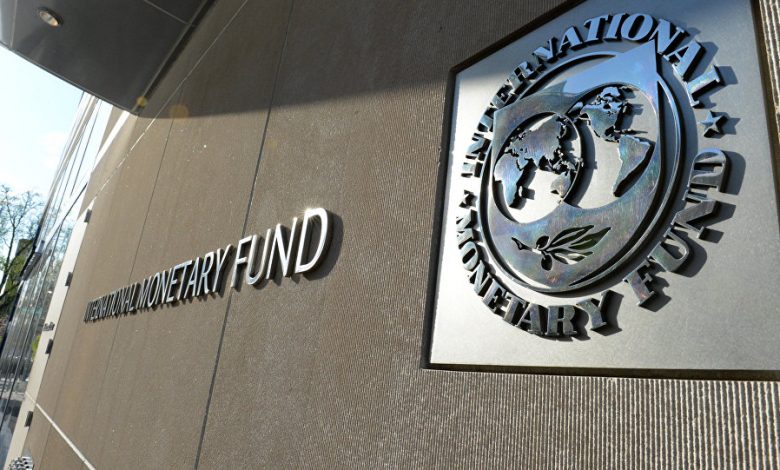
The International Monetary Fund advised the Central Bank of Nigeria to anticipate the risk that eNaira may pose to the country’s financial and economic stability.
On the other hand, the IMF also applauded the benefit eNaira for Nigerian diaspora overseas with low transfer fees when sending money from abroad.
“The eNaira is expected to lower remittance transfer costs, making it easier for the Nigerian diaspora to remit funds to Nigeria by obtaining eNaira from international money transfer operators and transferring them to recipients in Nigeria by wallet-to-wallet transfers free of charge,” said the IMF.
“Nigeria is among the key remittance destinations in sub-Saharan Africa, with remittance receipts amounting to $24 billion in 2019.
“Remittances typically are made through international money transfer operators (e.g., Western Union) with fees ranging from 1 per cent to 5 per cent of the value of the transaction.”
However, the also IMF added, “Like digital currencies elsewhere, the eNaira carries risks for monetary policy implementation, cyber security, operational resilience, and financial integrity and stability.
“For example, eNaira wallets may be perceived, or even effectively function, as a deposit at the central bank, which may reduce demand for deposits in commercial banks. There is a need to manage cybersecurity and operational risks associated with the eNaira.”
It said, “The IMF is ready to collaborate with the authorities on data analysis, cross-country studies, sharing the eNaira experience with other countries, and discussing further evolution of the eNaira including its design, regulatory framework, and other aspects.”
